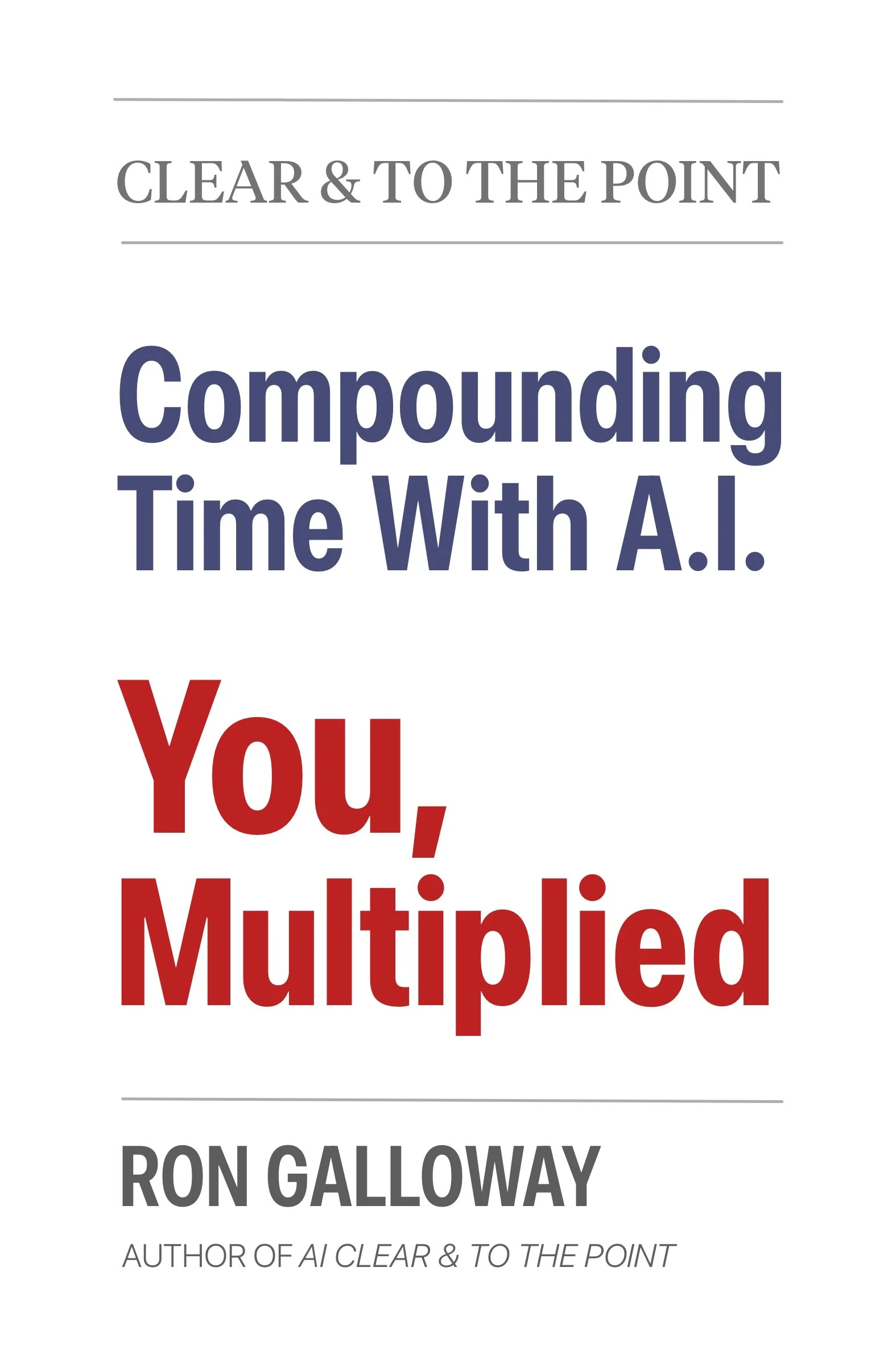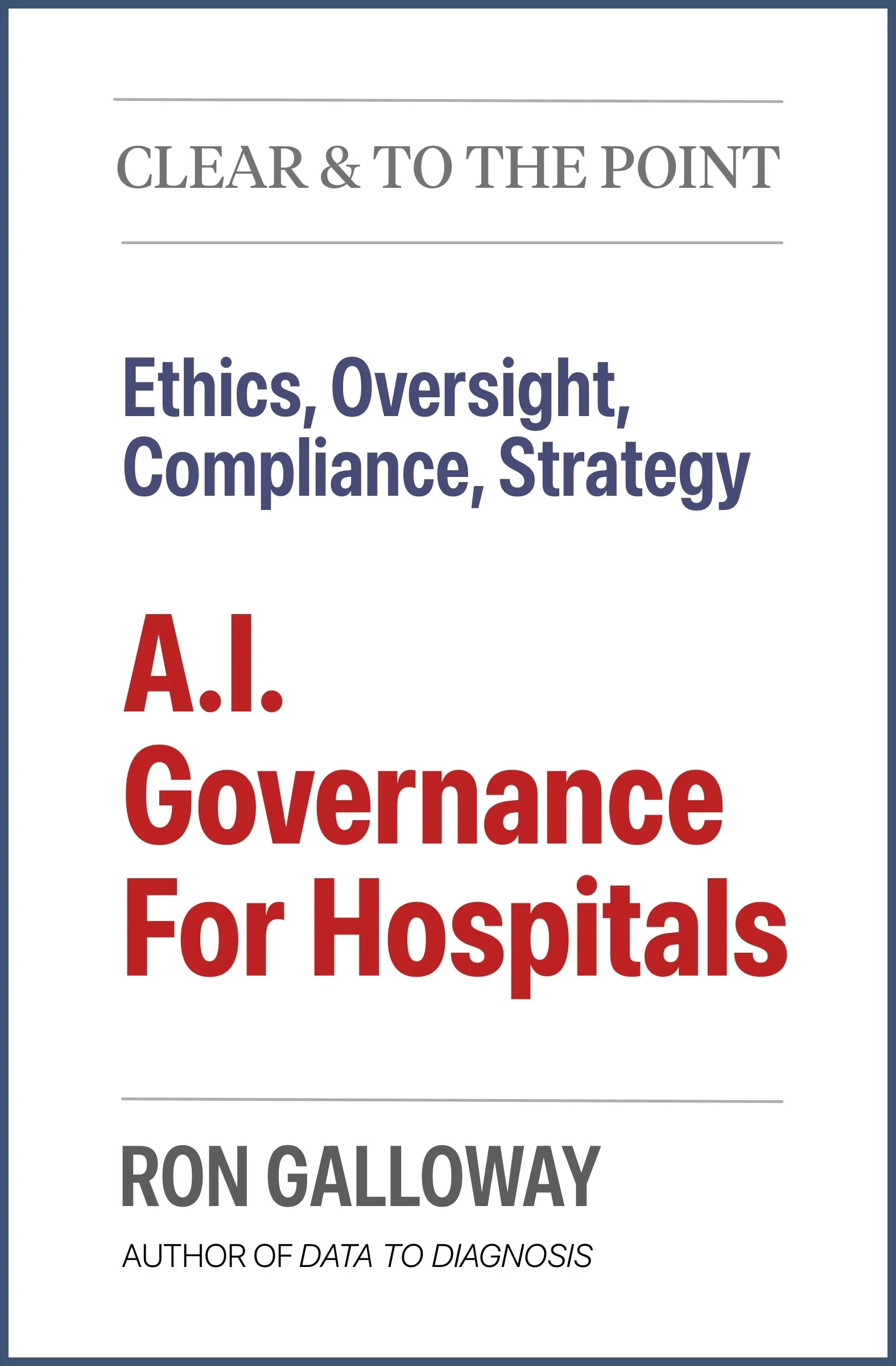Mapping the Intersection Of Code & Care
I translate complex technological shifts into actionable insights for healthcare leaders and curious minds.
I am the host of the new BigTechMed podcast. I am currently running an open source project related to cardiology data and LLM’s.












Keynotes for 2026
The Age Of Agentic: When Healthcare AI Stopped Listening and Started Doing
For years, healthcare AI was mostly about listening. Ambient scribes that transcribed notes. Chatbots that answered patient questions. AI that assisted but never acted. That era is over. The first six weeks of 2026 marked the most consequential shift in healthcare technology history: AI agents moved from "helpful assistant" to "autonomous worker." These are better chatbots, and they're systems that can plan, reason, and execute complex workflows without human intervention.
Key Takeaways
- The jump from "copilot" to "colleague" happened faster than anyone expected—in just weeks
- Healthcare organizations that were "pilot ready" are now finding themselves deployment ready
- The economic argument shifted from "can AI help?" to "can we afford NOT to use AI agents?"
- Vendors that were selling "AI assistants" are now racing to rebrand as "agent platforms"
- ROI timelines have compressed from years to months.
The Invisible War: Snowflake vs Palantir for the Soul of Healthcare AI
On the surface, Snowflake and Palantir have nothing in common. Snowflake is a data warehouse company. Palantir is an operations platform built for defense contractors. But here's what nobody's talking about: they're fighting for the exact same chair in the exact same CIO's office. Both companies are pitching health system leaders the same promise—delivering real AI ROI—but from completely opposite directions. Snowflake says the battle is won by fixing your data foundation first. Palantir says the battle is won by fixing your operations first. And here's the twist: they're both winning.
Key Takeaways
- The AI infrastructure battle is about models where you build your foundation
- Health systems are being forced to choose between being data-first or operations-first
- Palantir brings battlefield logic from defense to hospital floors—predicting patient flow and detecting crises before they happen
- Snowflake is betting the future on becoming the connective tissue that lets any AI agent work across any data source
- The ROI stories from both are real, which means the real answer might be "both"
Available here as open resources March 10.
Everyone is talking about artificial intelligence, but few are explaining how to oversee it.
The existing literature tends to be either abstract theory or vendor-driven hype. What was missing was a clear, structured guide tailored to healthcare organizations. This report attempts to fill that gap.
AI governance may seem nebulous now, even intimidating. But it won’t remain optional.
Be it a clinical decision support tool, a patient-facing chatbot, or a system predicting readmissions, someone will be held accountable for what that tool does. Understanding this space is no longer a luxury. It’s a core duty of modern hospital leadership. Download the first 3 chapters here. Full edited book will be published soon.
I have nearly 40 years of research experience to the intersection of technology and healthcare. A graduate of Georgia Tech, my background is rooted in institutional analysis, including tenure as a research analyst at Shearson/American Express and a decade at a quantitative RIA. In 2006, I founded the institutional research firm 818 Research LLC, which provides data and healthtech research to investment advisors.
My work in artificial Intelligence and machine learning spans 37 years, beginning with programming in Turbo Prolog at Shearson in my mid-20s. In addition to his research, I am the author of several books on technology and has produced three documentaries.
My work has been featured by global media outlets including The Wall Street Journal, The New York Times, CNN, CNBC, the BBC, and The Daily Show with Jon Stewart.





